 “There’s good random, and there’s bad random. There’s good silly and there’s bad silly, and you’ve gotta know the difference”.
“There’s good random, and there’s bad random. There’s good silly and there’s bad silly, and you’ve gotta know the difference”.
Conan O’Brien
“I ride tandem with the random, things don’t run the way I planned them – in the humdrum”
Peter Gabriel – ‘Humdrum’
A few random thoughts and observations…
Close to home
When The Girl and I were planning our recent trip to Scotland we went looking for appropriate cultural events that might round out our visit to places and peoples. I had of late been doing quite a lot of reading on the subject of storytelling – and in particular of Celtic storytelling – so one of my focuses was very much on finding events along these lines.
Unfortunately it turned out that, because our trip was really quite early in the season, many such programmes were not yet up and running and we found ourselves drawing a blank.
As is the nature of such things, however, little sooner than we were back in Victoria than The Girl found an event at the Victoria Scottish Community Centre (the existence of which I was unaware) entitled ‘Stories of Scotland‘. Stand-up comedian and former physics teacher, Bruce Fummey, combines scabrous humour and a fascination with Scottish history to great effect – spinning yarns about the evolution of a peoples as revealed in their DNA. This was in itself quite a coincidence as I was just finishing Alistair Moffat’s book – ‘The Scots – a Genetic Journey‘ – the which I had purchased at the museum in Kilmartin Glen.
Small world!
Going Back to the Well
Whilst staying in The Girl’s brilliantly chosen Scottish AirBnBs and searching for some suitable evening viewing fare, we were able to re-acquaint ourselves with British TV. On Channel 4 we discovered that all seven series of ‘The West Wing‘ have been made available for streaming. As huge Aaron Sorkin fans it was a complete delight to start the whole oeuvre again from the top. We are still working our way through back here in Canada and have nearly reached the end of season 4.
I don’t think I need labour any points here regarding the quality of the writing, acting and direction that this ground-breaking series has to offer. Some will complain that it is unrealistic, naive, too liberal, sentimental, chauvinistic – yada yada yada… Don’t care!! This show delights in ways that most do not, moves us to tears and to laughter – and rewards our time with the sheer joy of absorbing something brilliant. It is so good to be able to recharge the batteries thus…
Narrow Margins
There has been much debate over the years as to the feasibility of Lee Harvey Oswald having acting as a lone operator in the assassination of President John F. Kennedy. Leaving aside the wilder conjectures of conspiracy theorists, Oswald’s somewhat average record as a marksman in the Marine Corps and the less than ideal performance of the Italian Carcano Model 38 rifle shown to have been the murder weapon have long left doubts as to the physical possibility of his having carried out the assault in the time known to have been taken. Quite apart from such practicalities the pressures of the moment and of the act itself must be taken into account.
The reasons for this being on my mind now are, however, unrelated to the viability of the act itself. Instead I find myself pondering the consequences of the narrowness of margins. A mere inch either way might have resulted in all three shots missing (instead of just the one) or, perhaps, in inflicting only non-fatal injuries. How different might the world have been had Kennedy gone on to run for a second term.
By such small margins are the vagaries of history moulded.



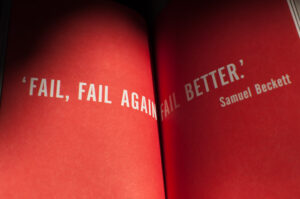

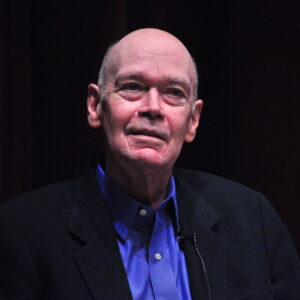
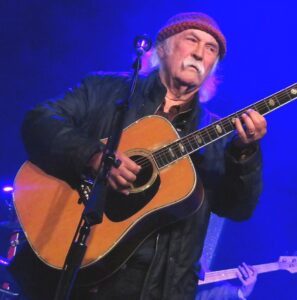
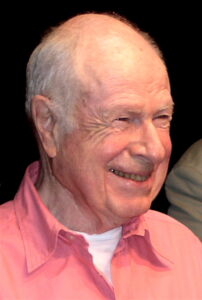



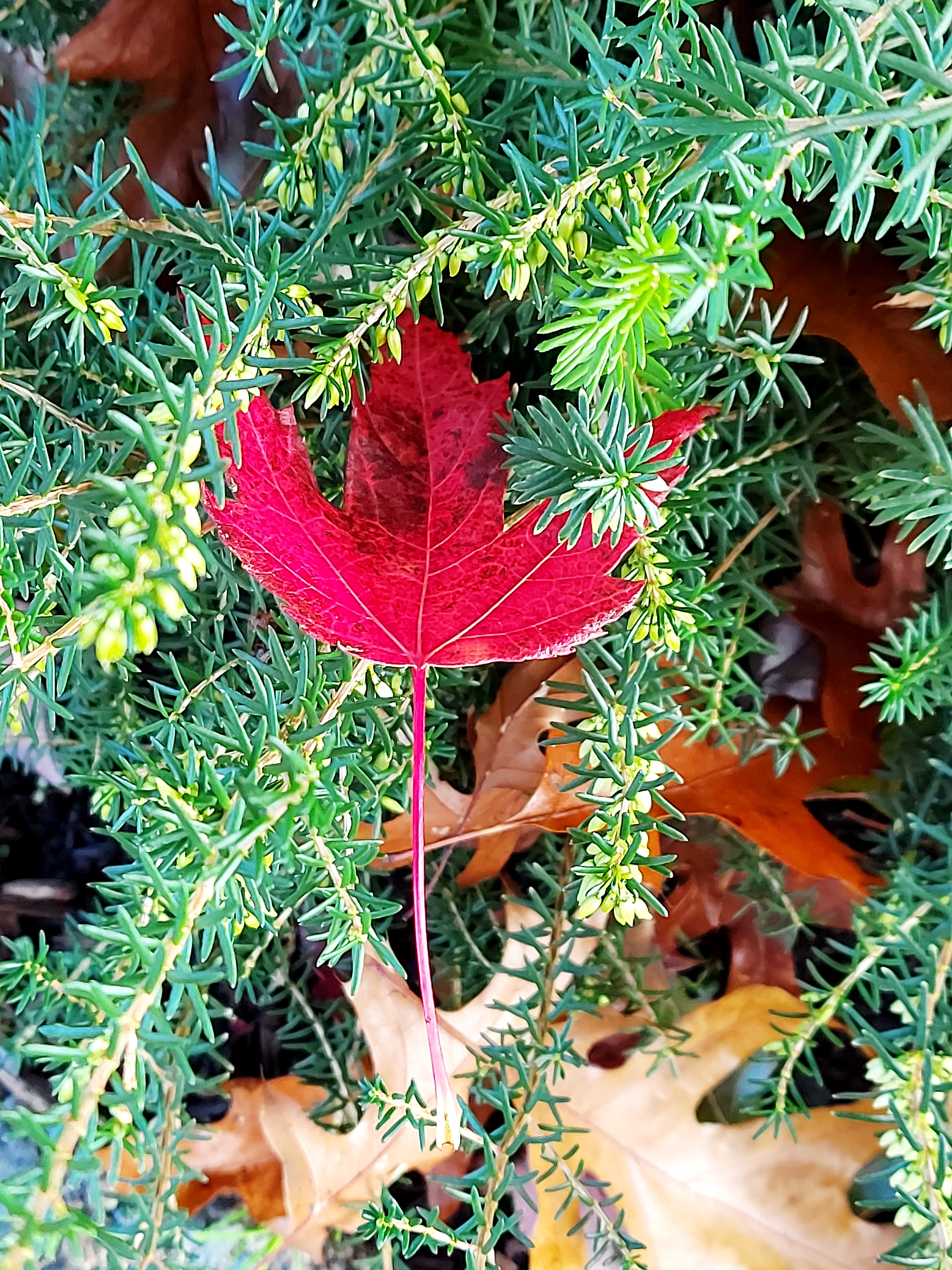


Recent Comments